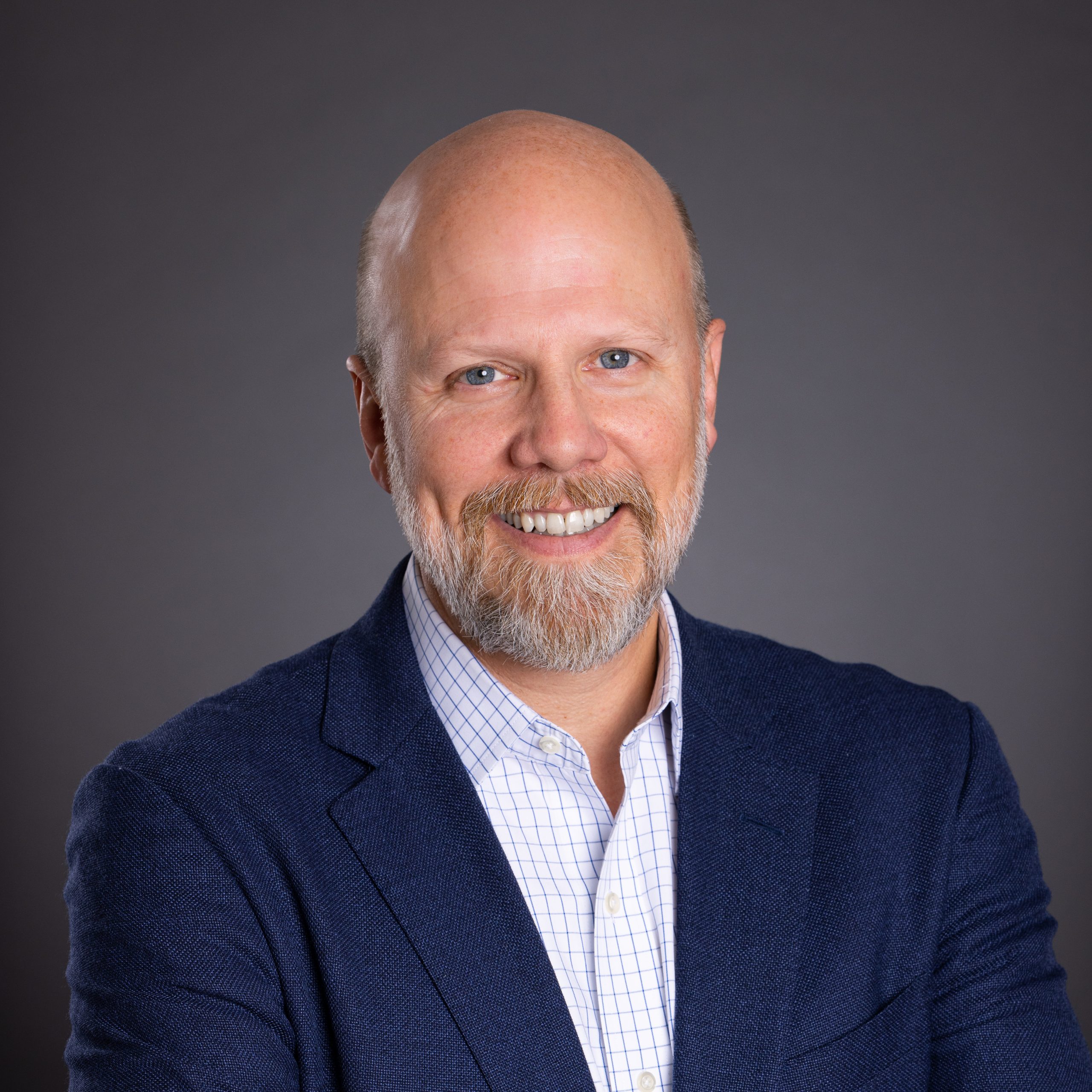When a U.S. president threatens the nonprofit status of a private university, the issue at stake isn’t necessarily academic freedom—it’s the principle of philanthropic freedom and the vital boundary between civil society and state power.
This has nothing to do with the consequences of nonprofit institutions accepting federal or state funds, then crying foul when those agencies insist on purse strings. Nor is it a conversation about the failure of higher education generally, and elite U.S. universities specifically, to create a legitimate and diverse intellectual climate.
The general principle at stake, however, is not a new conflict. Over two hundred years ago, Dartmouth College faced a takeover attempt by the New Hampshire legislature, backed by former President Thomas Jefferson. The case culminated in the landmark Supreme Court decision Dartmouth College v. Woodward (1819), in which Daniel Webster famously argued that private charitable institutions—eleemosynary corporations—are not government agencies but independent actors established for the public good according to donor intent. Chief Justice John Marshall agreed, affirming that charitable gifts for public benefit are not gifts to the government.
Fast forward to today, and the echoes of that foundational case ring louder than ever. When President Trump threatened to revoke Harvard University’s tax-exempt status after it opposed certain federal mandates, he launched a political attack not only on one institution but on the entire framework of American charitable independence. The IRS may cite Bob Jones University v. United States (1983) to justify punitive action, but even that case—while addressing real injustices like racial discrimination—was strongly criticized by Justice Rehnquist for stretching legal interpretation far beyond the text of the law.
That criticism carries new weight today. The current Supreme Court has emphasized the “major questions doctrine,” holding that Congress must clearly authorize significant actions by federal agencies. Revoking a nonprofit’s tax status over political disagreement—regardless of the party in power—would not only overstep legal limits but dangerously politicize civil society.
History teaches that when politicians exploit the tax code to punish ideological opponents, civil liberties suffer. Conservatives were rightly outraged when the IRS under the Obama administration targeted right-leaning nonprofits. They grow weary of the broken-record (and hypocritical) partisan diatribes by Senator Sheldon Whitehouse (D-RI) against DonorsTrust (and others)—merely because we reflect a different approach to public policymaking. That same standard, however, must apply now. Yet some conservative activists aggressively target progressive funding groups such as Arabella Advisors, Open Society Foundations, and the Tides Foundation, and scheme about punishing them using the regulatory apparatus of the state. Cheering on presidential threats against institutions like Harvard opens the door for future administrations to retaliate against faith-based charities, private foundations, or think tanks that dissent from prevailing orthodoxy. As the Wall Street Journal editorial board recently warned “A Democratic President could declare a think tank that opposes its climate or transgender bathroom rules to be acting contrary to ‘established public policy’”.
At its heart, this is about control. The federal government increasingly asserts that regulating philanthropy serves the “public good.” But that framing ignores a core American value: the freedom of individuals to support the causes they care about—be they local, religious, educational, or cultural—without needing permission from Washington (or a Governor). As Alex Reid, former counsel to the Congressional Joint Committee on Taxation, has said, we shield private donations from taxation precisely to prevent government interference in how we pursue the public interest.
This principle isn’t just philosophical—it’s practical. In recent years, individual gifts and bequests accounted for nearly 80% of all charitable giving. Undermining donor autonomy through administrative burdens or politicized regulation would chill engagement and damage the nonprofit sector that supports everything from soup kitchens to scientific research.
Progressive attempts to mandate donor disclosures or restructure donor-advised funds have already raised concerns about privacy and free association. Now, conservative populists join in, driven by envy or opposition to wealthy institutions. Vice President J.D. Vance once suggested seizing private foundation assets over political disagreements. His boss seems to echo that sentiment on social media.
This isn’t limited-government conservatism—it’s power politics. And it’s a dangerous precedent.
Many have written about better ways to hold universities accountable. Congress can reform how federal research dollars are used or limit the exploitation of student loan systems. It can eliminate tax advantages that disproportionately benefit elite institutions. But targeting charitable status through executive fiat—whether from the right or left—is an affront to the pluralism and freedom that make our civil society uniquely American.
As Karl Zinsmeister of the Almanac of American Philanthropy reminds us, philanthropy empowers everyone, not just bureaucrats, to make a difference. To politicize it is to diminish us all.
Daniel Webster once stood before the Supreme Court and declared, “It is, Sir, as I have said, a small college. And yet there are those who love it.” That sentiment still matters. It speaks to the deeply personal connection people have with the institutions they support—not because they are state-directed, but because they reflect their individual values.
We must preserve that freedom. Philanthropy is not a partisan weapon. It is the lifeblood of a diverse and flourishing civil society. And that is worth defending—no matter who holds power.
Author
-

Since 2015, Lawson Bader serves as president and CEO of DonorsTrust and Donors Capital Fund. Before coming to DonorsTrust, he amassed twenty years’ experience leading free-market research and advocacy groups including the Competitive Enterprise Institute and the Mercatus Center at George Mason University. He began his career in DC in as special assistant at the U.S. Senate Committee on Veterans Affairs, then worked as a legislative analyst/paralegal with Pierson, Semmes & Finley, and managed government relations at SRI International. He is a former weekly columnist with Human Events, and a current contributor to Kiplinger and member of the Forbes Nonprofit Council. He also serves on the governing boards of the Atlas Network, State Policy Network, and Oakseed Ministries International. Lawson earned a BA in political science from Wheaton College (IL) and an MA in public policy from The Johns Hopkins University.
View all posts


